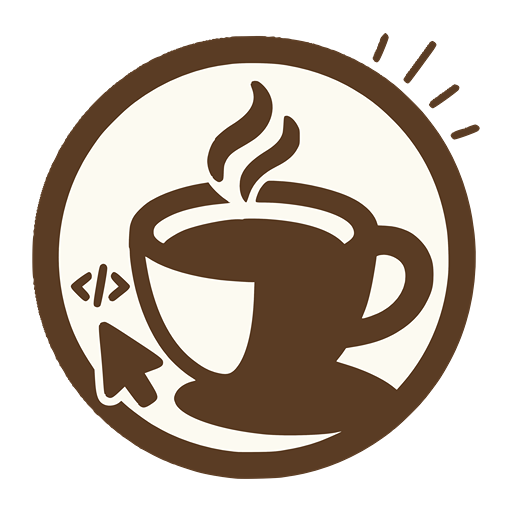Basic Programming Concepts: Variables and More
So, here’s the scoop on programming! One of the key pieces to grasp is variables. Picture variables as little storage boxes for your data. They hold values and let you change them in your code. By the time you finish this post, you’ll not only understand variables but also control flow, functions, and a few cool advanced features!
What Are Variables?
Variables are super important in coding. They’re like your info stash that you can use whenever you need. For example, you can set up a variable for someone’s name:
var userName = "Alice"This line tells the computer, “Remember this name, ‘Alice’, and call it userName.”
Basic Syntax
Getting syntax right is a must when you write code. In Swift, you’ll see keywords like var and let. Use var for things that might change, and let for things that will stay the same:
let pi = 3.14Sticking to the right syntax helps you dodge errors and keeps everything tidy in your code.
Control Flow
Now for control flow. This is all about guiding what your program does. You’ve got if statements to help make choices based on what’s true:
if userName == "Alice" {
print("Welcome back, Alice!")
}This checks if userName is “Alice” and, if it is, gives her a warm welcome.
Functions
Functions are like mini-programs within your main code. They handle specific tasks for you. Here’s a quick example:
func greet(name: String) {
print("Hello, \(name)!")
}Just call greet(userName), and it will say, “Hello, Alice!”
Closures
Closures are little chunks of code that you can pass around and use in your program. They’re handy because they can grab and remember variables and constants. Check this simple closure out:
let add = { (a: Int, b: Int) -> Int in
return a + b
}Use it like this: add(3, 5), and it gives you 8.
Advanced Features
Swift has some neat advanced features like generics and concurrency. Generics let you write versatile and reusable code. For example:
func swap(a: inout T, b: inout T) {
let temp = a
a = b
b = temp
} This function can swap two values, no matter their type.
Then there’s concurrency, which helps your app handle several tasks at once, making everything smoother and quicker.
Safety and Performance
Swift really cares about safety. It helps catch common mistakes, leading to fewer crashes. Plus, it’s built for speed, making sure your apps run fast and efficiently.
If you want to dig deeper into programming, including variables and control flow, check out this helpful guide.
To wrap it up, learning about variables and other programming basics is super important for your coding journey. Keep practicing, and soon enough, coding will feel like second nature!




